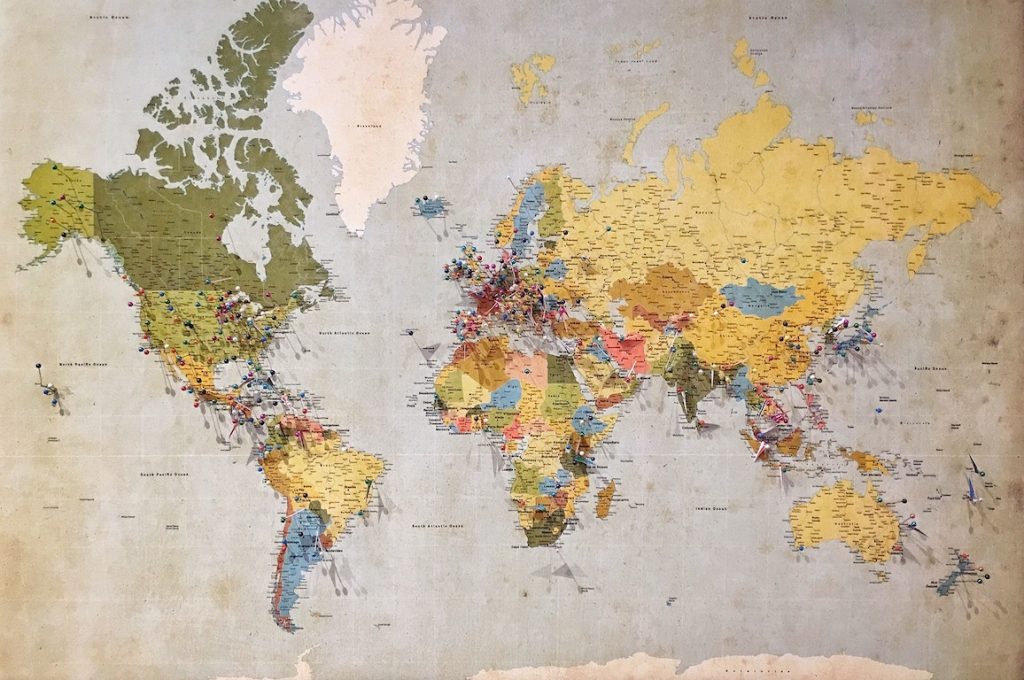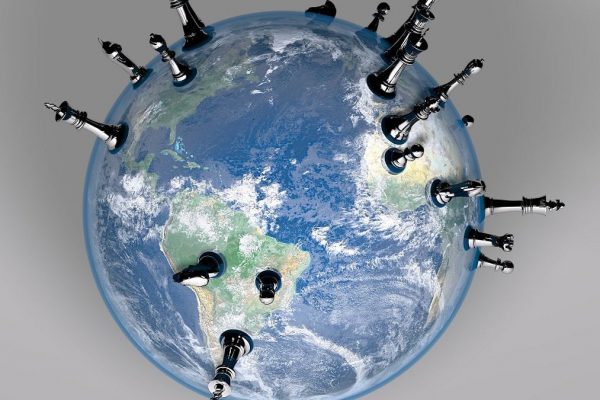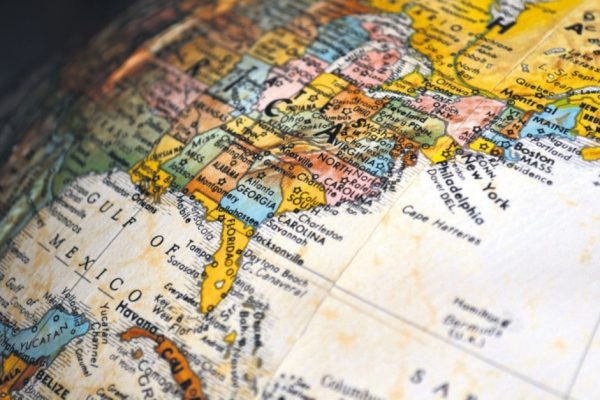
This Article corresponds to the “Global Business Strategies” course as part of the Rochat MBA program and was submitted by the student Alfonso G. Lobo.
Geopolitics for 2020 and their impact for Global Business: 2 scenarios.
I believe that one of the most important sectors in the world and especially in the United States is the automobile sector.
My two scenarios are
1: There will be an agreement between countries to continue manufacturing cars in a current way. What consequences will we have?
2. Will we see the rupture between large economies such as the United States and China?
Where the automobile sector plays a very important role in the economy and even for Mexico.
To develop a little more the scenario one where currently the big companies struggle to continue with their current production form. There is a compelling reason why companies seek to manufacture their products outside the United States. The most logical is that labor,
The geographical position of Mexico has been an important factor in the development of its automotive industry. The nation’s access to the Pacific and Atlantic oceans is a key advantage for companies in the sector seeking access to both the European and Asian markets. In addition, the geographical situation of Mexico in relation to the United States and Latin America allows access to the largest buyers in the automotive sector. Thus, Mexico is among the first 10 manufacturers of cars, trucks and auto parts, and eight of the 10 most important automation companies have at least one assembly plant in the country.
The company
The value of automotive production amounts to 760,356 million pesos. The automotive sector in Mexico is one of the most dynamic, contributes positively and significantly to GDP, the Commercial Balance, employment in the country and the good performance of the domestic market. Automotive exports from January to August 2018 generated 91,946 million dollars, the equivalent of 31% of the total for shipments abroad. According to the latest INEGI survey, in which household income and expenses were recorded, Mexican families allocate 14.4% of the total salary for transportation (it includes the purchase of vehicles, maintenance, accessories, fuel, and others). Mexico is one of the main producers of vehicles worldwide, it is the first in Latin America, the fourth exporter of light vehicles. As for Exports, it ranked fourth worldwide, after Germany, Japan, and the United States. For these reasons, it is very important for Mexico to continue with the current form in the manufacture of vehicles in our country.
As a second scenario and continuing with the automotive sector.
What could happen if the strict tariff measures are applied to vehicles imported to the United States?
Donald
Some
examples of the number of vehicles manufactured in Mexico and exported to the
United States are:
* Nissan is the largest car manufacturer in Mexico. They produce almost a
million vehicles and export 50% to the United States.
* General Motors manufactures 700 thousand cars with an investment plan of 5
thousand million dollars and 5 thousand 600 jobs. While in the United States,
more than 2,000 employees were fired in two plants.
* Volkswagen manufactured more than 500 thousand vehicles, has 16 thousand 500
employees in Mexico.
* Honda as Toyota, the vehicles made in Mexico of each company represent 10% of
the sales in the United States.
* Mazda, vehicles manufactured in Mexico represent 30% of total sales in the
United States.
* Kia Motors built a plant in Mexico with a value of one billion dollars.
* BMW built a plant in Mexico with a value of two billion dollars.
Although Mexico is not the largest importer of cars to the US, since Japan, Germany
This Article corresponds to the “Global Business Strategies” course as part of the Rochat MBA program and was submitted by the student Alfonso G. Lobo.






